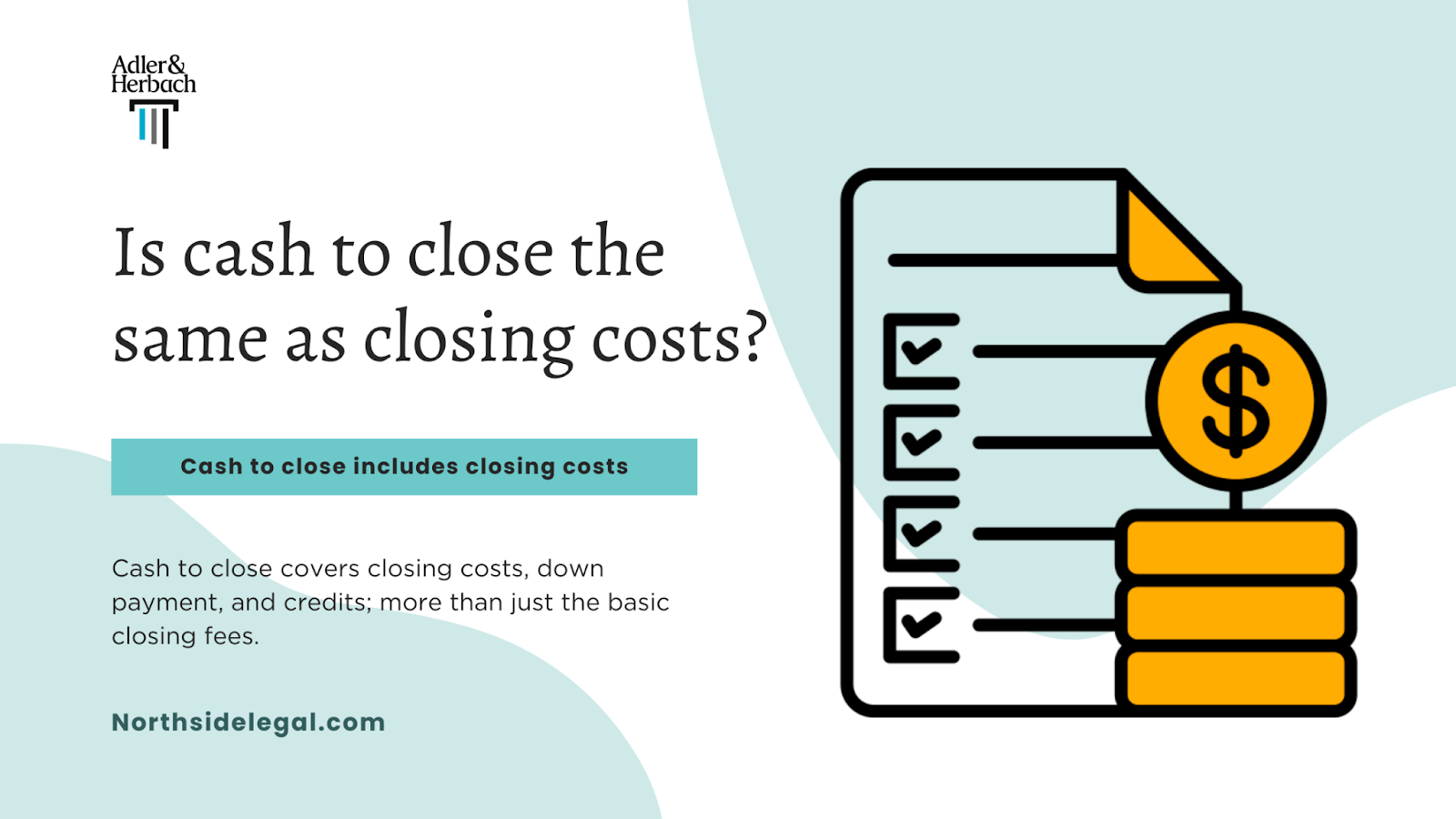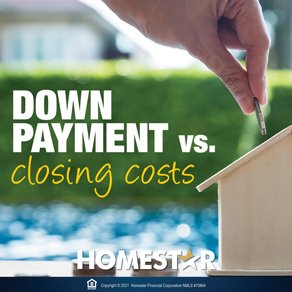Are you planning to buy a home but feeling overwhelmed by all the financial jargon? You’re not alone.
When it comes to purchasing a property, terms like “down payment” and “closing costs” are often tossed around, leaving many potential homeowners scratching their heads. Are they the same? How do they affect your budget? Understanding these concepts is crucial for making informed decisions and ensuring you’re financially prepared for one of the biggest investments of your life.
We’ll demystify these terms and reveal everything you need to know. Keep reading to discover the key differences and gain the confidence you need to navigate the home-buying process with ease.

Down Payment Basics
A down payment is the money you pay first when buying a home. It helps show you are serious about buying. This money goes to the seller. The bank pays the rest.
Down payments are usually a percentage of the home price. They can be as low as 3% or as high as 20%. More money down means a lower loan amount. It also means lower monthly payments.
Many buyers choose to pay 20% down. This helps avoid extra fees like private mortgage insurance. Some loans let you pay less, like 3% or 5%. These are called FHA loans or VA loans.
Saving for a down payment can be hard. People often save for years. It is important to plan and budget. This helps you buy the home you want.
Understanding Closing Costs
Closing costs are fees paid when buying a home. They cover many different services. These fees are separate from the home’s price. Buyers must pay them at the end of the buying process.
Several components make up closing costs. These include loan origination fees, appraisal fees, and title insurance. Each fee covers a specific service. Together, they ensure the home purchase is complete and legal.
- Loan origination fee: Cost for processing the loan.
- Appraisal fee: Payment for evaluating the home’s value.
- Title insurance: Protects against title issues.
- Inspection fees: Payment for checking the home’s condition.
- Recording fees: Charges for making the sale official.
Key Differences
Down payment is the money you pay upfront. This reduces the loan amount. A bigger down payment means a smaller loan. You might get a better interest rate too.
Closing costs include fees and expenses. These occur when you finalize a home purchase. They cover things like inspections and appraisals. Closing costs do not reduce the loan amount.
A larger down payment can lower monthly payments. It can also reduce mortgage insurance costs. This makes homeownership more affordable.
Closing costs do not affect the monthly mortgage amount. They are one-time payments. But you must budget for them. Planning ahead is essential.

Common Misconceptions
Down payment and closing cost are not the same. Many people think they are. Both are needed when buying a home. But they cover different things.
Interchangeable Terms
Some people use these terms interchangeably. This is a mistake. The down payment is money you pay upfront. It helps lower your loan amount. Closing costs are extra fees. They cover the paperwork and other expenses. Each serves a different purpose.
Misunderstood Expenses
Understanding these expenses is important. Down payments are often a large amount. Closing costs can surprise buyers. They include taxes, fees, and insurance. Knowing the difference can help you budget better.
Tips For Homebuyers
A down payment is the money you pay upfront. It is part of the home’s price. The bank gives a loan for the rest. The closing costs are extra fees. They come at the end. These include lawyer fees, taxes, and more. It is smart to save for both. Budget well to avoid surprises. Knowing these costs helps you plan better.
Some sellers might help with closing costs. They can offer to pay part of it. Ask for help. It does not hurt to ask. Sometimes you can lower these costs. Check each fee. See if it is needed. Negotiate wisely. This can save you money. Always read the fine print. Be smart with your money.
Expert Insights
Real estate agents often explain that a down payment is the money you pay first. This money helps you buy a house. Closing costs are different. They cover fees like taxes and paperwork. It’s easy to mix them up. But they are not the same. A down payment is usually bigger. Closing costs can be smaller, but they add up.
Lenders have a clear view. They need you to know the difference. A down payment shows you can afford the house. Closing costs pay for the final steps of buying. Both are important. Without them, you can’t buy your dream home. Make sure you understand each one. They help make your home purchase smooth.
Frequently Asked Questions
What Is A Down Payment?
A down payment is an upfront payment made when purchasing a property. It typically represents a percentage of the total purchase price. This payment shows your commitment to the purchase and reduces the loan amount required.
What Is A Closing Cost?
Closing costs are fees and expenses incurred during the finalization of a real estate transaction. These costs cover services like title insurance, appraisals, and legal fees. They are separate from the down payment and vary based on location and property type.
Are Down Payment And Closing Costs The Same?
No, down payment and closing costs are not the same. A down payment is part of the property’s price paid upfront. Closing costs are additional fees incurred to finalize the property purchase. Both are essential components of buying a home.
How Do Down Payment And Closing Costs Differ?
A down payment reduces the loan amount, while closing costs cover transaction fees. Down payments are typically a percentage of the property’s price. Closing costs include expenses like appraisals and legal fees. Both are required to complete a property purchase.
Conclusion
Understanding the difference is important for homebuyers. Down payment and closing costs are not the same. Each serves a unique purpose in the home-buying process. The down payment reduces the loan amount. Closing costs cover fees and services related to the purchase.
Knowing these differences helps you plan your budget better. It prevents unexpected surprises. So, always prepare for both when buying a home. This knowledge empowers you in your home-buying journey. It leads to informed decisions and financial readiness. Happy home hunting!


